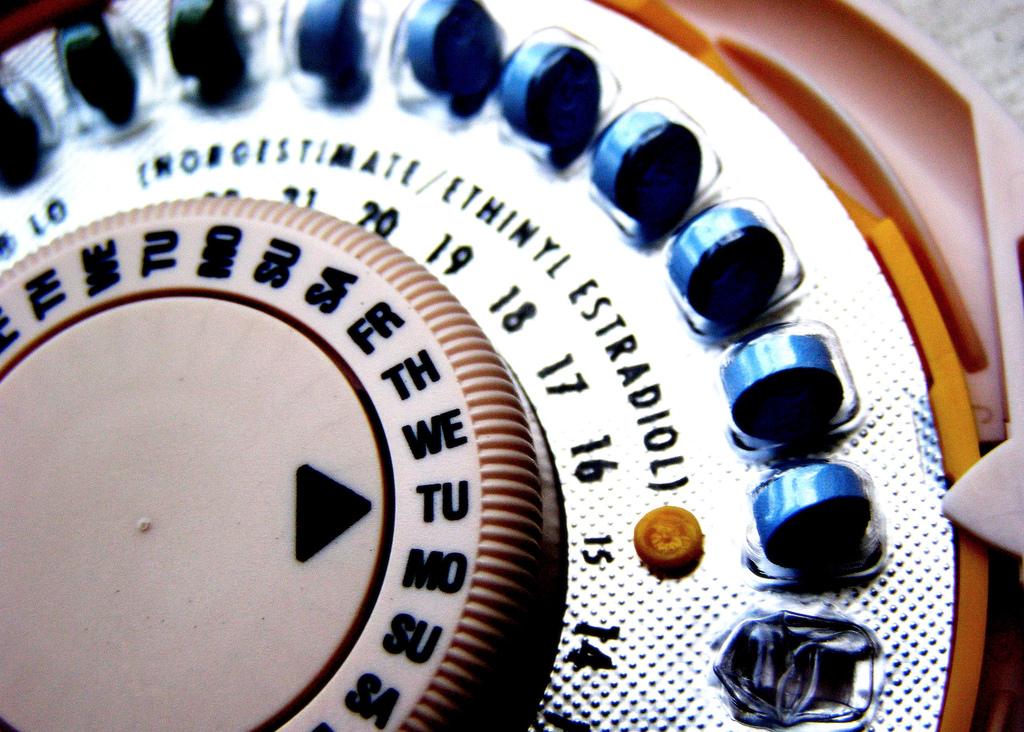Columnist Lindsey Huffman
The birth control pill women all around the globe rely on might cause depression as a side effect.
The oral contraceptive pill was invented in the 1960’s by Margaret Sanger. The pill was then approved by the FDA, and over the span of the next couple decades, millions of women were prescribed the pill in order to prevent pregnancies.
Amanda MacMillan from the LA Times, reviewed a Danish case study that suggested, “the pill and other types of hormonal contraception may increase the risk of depression of more than one million women and teenage girls.”
The University of Copenhagen did a case study on more than 1 million women ages 15 to 34. The data showed “women using combination birth control pills—which contain both estrogen and progestin, were 23 percent more likely to have been prescribed an antidepressant, compared to nonusers. Those on a progestin-only pill were 34 percent more likely.”
These findings supported the theory based on the overall idea that birth control pills may cause depression. Estrogen is the primary female hormone and is responsible for the development and regulation of the female reproductive system. When taken in birth control pills, it suppresses ovulation. While on the other hand, progestin is a natural or synthetic hormone that will maintain pregnancy and prevent further ovulation during pregnancy.
Some of the highest risks were actually found with teenage girls.
The study done by the University of Copenhagen also stated that “80 percent more likely to be prescribed an antidepressant when they were on combined birth control pills—and 120 percent more likely when they were on progestin-only pills—compared to those who didn’t use any hormonal birth control. For teens who used non-oral hormonal products, their risk tripled.”
Depression is only one of the many side effects that comes with the pill. According to the Medical News Today, the most common side effects are menstrual spotting, nausea, breast tenderness, headaches, weight gain, mood changes, missed periods and decreased libido.
Medical News Today reported even though birth control pills are a highly effective method for unintended pregnancies, according to the Association of Reproductive Health Professionals, “Pregnancy rates increase dramatically in women who miss a pill, rates rise 30-80 times more.”
While birth control may be effective in preventing pregnancy, it can be a downside for those who forget to take it, along with the many side effects it brings to women’s bodies.
Other alternative options for birth control methods include NuvaRings, IUD’s, skin patches and condoms. These are all healthier options and are less likely to cause depression and other side effects in comparison to the birth control pill.
Many young women refrain from using birth control due to the depression effects and other side effects it may cause their bodies. Women may need to reconsider whether the birth control pill is the method of choice for them in order to prevent pregnancy. There are many other contraceptives options in regards to preventing unintended pregnancies.
If birth control pills cause depression and all other side effects, it might be worth exploring other prevention methods.
Image courtesy flickr.




































